Coronavirus Impacts. What happens Next? Worrying New Developments and First Reports come in From Schools.
The world is in the midst of one of, if not the biggest, shifts of the century. Many things may never look like they did before Coronavirus but will one of those things be our schooling?
From university applications to learning online, some of the effects will be temporary, while others may last long after the pandemic.
Schools Compared receives feedback on the initial impact and lessons being learned.
For many parents, simply keeping healthy both physically and mentally, while managing the family’s working and studying from home, has been a priority.
The single blessing has been that reported cases of Coronavirus Covid 19 in children have been low and their resilience higher. Currently, the medical profession has no explanation for why children seem to be exempted from the impacts of Coronavirus.
Instead, the focus has been the risk that children in schools, in currently sized classrooms, will infect other children en masse when schools open. In turn, this would see rapid infection of parents.
The UAE government, ADEK, KHDA and other regulators in the emirates, in our view, should be praised for swiftly acting to close schools until at least September on this basis.
It is worth noting that, as of 28 April, there is growing worry, however, that Coronavirus Covid 19 may be presenting differently in children. This follows reports in the UK of some children presenting with rashes. It is believed that a minimum of 20 children, ranging in ages between 6 years old and 15 years old, have been hospitalized with a newly discovered presentation of Coronavirus Covid 19. A thirteen-year-old is in intensive care.
It is too early to say the degree to which cases of Coronavirus Covid 19 may have been missed in children because it presents differently. However, if it is shown to be impacting on children, it will completely change the ways in which governments and schools will now have to respond to the virus. In the UK, parents are already responding by rejecting any attempt to re-open schools.
We will continue to update parents on this story evolves. More on this worrying development can be found here.
Notwithstanding this, schools have seen rising stress among teachers now thrust into as much a new world for them as their students and parents – and are equally battling to bring balance to the lives of everyone involved.
But one concern for many parents remains possible gaps in the curriculum.
Trevor Marsden, Head of Primary at the Arbor School, says that although it is a major worry, parents must try and stay calm.
Whilst it is clear that keeping up with the curriculum from home just isn’t the same as when delivered within the rigours of a classroom schedule, surrounded by peers, resources and an on-hand body of teachers, any future assessments will be done with this in mind.
“Remote learning does put some limits on the feedback, assessment and support a teacher can give, particularly for younger children,” admits Marsden. “Teachers will continue to assess all the learning that is taking place to keep records to ensure we understand any gaps in learning that may have formed, and how to address those.”
It will be a period of transition, he explains, when children reintegrate to the school environment again. “We will carefully support students to ensure we close the gaps in learning and help children with their wellbeing and social development.”
The mandated academic testing that should have taken place in term three will now take place in the first term next year, he says, pupils being prepared closer to the time.
Graeme Scott, School Director from Fairgreen International School agrees, stressing that online learning is not about covering everything that students will have done in class but for now, focusing more on personal developmental skills:
“Its benefits include opportunities to think about learning in a different way and broaden skills and attributes such as creativity, resilience, self-management and adaptability. If children have not engaged with eLearning, then yes there will be gaps. There may also be some missing pieces in terms of curriculum even if students have fully engaged, but schools will identify those through assessment processes and then develop flexible learning plans to address these gaps.”
Fairgreen will not conduct exams, and Scott says student well-being is currently the priority, something which will continue long beyond the pandemic. “We cannot simply load more and more content on our students and expect them to take it all in their stride. Another learning for us has been the importance of wellbeing and balance. When your home is also your workplace, it is important to achieve some separation. Now, when weekends are just like weekdays, and mornings are like afternoons, it’s important for all of us to exercise, sleep well, eat well and generally look after our own wellbeing. Being cooped up in our own houses or apartments is not a normal state of being for us, so we have to look after ourselves.”
At the English College, it’s an ever evolving assessment, says its principal, Mark Ford:
“Our teachers continue to implement Assessment of Learning and Assessment for Learning strategies into their online pedagogy to ensure they know where students are with their learning at any time and where appropriate to implement any intervention,” he says. “We will be writing reports at the end of the term to update parents on their child’s progress.”
They too, will be putting renewed energy into structured programmes of well-being for both students and teachers, in light of the crisis.
However, for older students, the worry is far greater. Peter Davos, founder and CEO of Hale Education, which prepares students for international university applications to Ivy League schools, says there have been major disruptions to those preparing for higher education, which will have much longer-term ramifications.
In regard to US university admissions, high school students that are graduating in June have been most impacted, he says, most in a state of limbo, wondering if the universities they were accepted will enroll in the fall. “Some graduating UAE high school students are considering taking a gap year, delaying the commencement of their undergraduate studies until Fall 2021,” he says.
He says the transition to online learning has been rolled out with greater success at some schools than others in the UAE. Mostly, the shift he sees is in parents, who have become far more accepting of online learning:
“The question on their minds now is what happens if this situation continues into the fall – how will local schools be impacted then and will the tuition justify the costs beyond just a term-long period?”
The UAE has been at a major advantage through these changing times, he says, with private schooling and good resources such as technology, high internet speeds and laptops, much more readily available than in other countries.
There could be longer term ways of doing things, he sees. “Many of our students have taken their endeavours online, from accessing free online courses offered by Ivy League schools, shifting their volunteerism to the digital space in terms of tutoring and the dissemination of their mentoring programmes, to developing interests in learning new languages and instruments.”
The digital approach to education is one that experts think looks set to stay, whether in the classroom or as a tool to aid extra curricular development.
Those already heavily invested in technology, have been able to ride the storm better than others, and the crisis is certainly a sign that others must follow suit, and fast. Gareth Newman, Director of English Language Services at the British Council UAE, where they teach children as young as four, says they are one of the beneficiaries of pioneering digital learning:
“The British Council has been able to make the most of a very difficult situation thanks to the investment we have been making into online learning in recent years. Technology has huge potential in education, far more than just replicating a classroom. We’ve invested in new approaches to learning that our research shows can maximise the time students get with the teacher, and that’s what we’re doing with English Online. The interactive guided learning means students can come to live class having already been introduced to the subject matter and ready to use it, review it, learn more and then use it in even better, more sophisticated and fluent ways.”
At the English College, Ford says technology will undoubtedly be one of the crisis’ legacies, what he calls “the use of technology to support teaching and learning and to be ‘smarter’ in how we do many things within the organisation.”
Perhaps the most important legacy this will leave on us all however, is community, and its enduring need both in and beyond a crisis.
At Arbor School, Marsden says there is no doubt that the crisis has unified the parents and teachers. “We have always tried to be a school that works closely with parents, but we do feel that this situation has brought us even closer,” he says.
And let’s not forget, this has been a most humbling experience for parents and teachers alike, each gaining a newfound respect for the pressures both sides are under each day.
Newman says one lesson to have been learned is “that we’re all human, and we can only get through this by working together”. He says it has been a tough time for many parents.
Ford, principal of the English College, agrees, the crisis having shown the importance of strong teams, and strong communication and transparency across all levels of the system.
Scott agrees, and says moving forward, a newfound compassion and camaraderie has been carved:
“Expecting two working parents to work from home whilst balancing care for young children and supporting their learning is a big ask. As a school, we have tried to support our parents as much as possible, so in that sense, yes I believe it has brought us closer together. Our survey data demonstrates that parents believe we are doing well and doing what we can to help, within our obvious limits. Many of our teachers are parents, so they are also doing the same balancing act of working and supporting their own children. This develops empathy and a feeling that we are indeed in this together.”
The SchoolsCompared View. Uncertainty and Hazard Require Caution.
So where does this leave us? The SchoolsCompared view is nuanced. Many schools have responded extraordinarily well to the crisis:
- Technology investment has been brought forward and significantly
- Parents have been supported financially and individual circumstances considered and resolved to ensure children remain at their existing schools and worries removed from families
- Distance learning, despite early setbacks, is working well
- Commitment of schools to ensure that no child is left behind when schools open, recognizing that Distance Learning cannot replicate a school and classroom based education
- Communication with parents has been consistent, humane and responsive – even in the face of new developments and risk.
This is, of course, not true of all schools. More on this here.
There are, however, key questions that need fleshing out and communicating:
- Schools need to do more to assuage parental worries that children will be safe when they do return to school. How are schools going to ensure social distancing when children return to school? Will new classrooms be built during the Summer? Will the school day be staggered so that class sizes can at least halve? Some schools are likely to need to reduce the number of days children attend schools unless investment is made in new capacity.
- Will parents (even) send their children back to school without there being a vaccine? Applications to on-line schools, like the US curriculum iCademy Middle East (review here) supporting home-based learning are rising.
- How exactly are schools going to ensure that gaps in education are rectified. No child will have responded to the impacts of Distance Learning in the same way. This is going to be a very significant challenge for schools.
- How are schools going to respond moving forward to the ongoing financial impacts of Coronavirus Covid 19 on families. If one or more parents loses their employment, will schools ensure that each child’s education at their school is protected?
- Will teachers be comfortable in returning to school and taking on the risks of being front-line workers?
- What plans are in place to welcome new children and families who are now moving schools in ever greater numbers?
In each of these areas, schools have never been more important. What happens next will be defined in no small part by them. As parents, we have learned during lockdown, often the hard way, what teachers achieve for our children is beyond extraordinary. It is a vocation, a gift and a profession as vital as any other in our society. Perhaps more so. School leadership and owners have significant responsibility on their shoulders to address these and a myriad of other issues. They need to look after their teachers, parents and children – and transparently communicate how they are going to do this now and in September.
The education, and lives, of our children, depend on it.
© SchoolsCompared.com 2020. All rights reserved.













































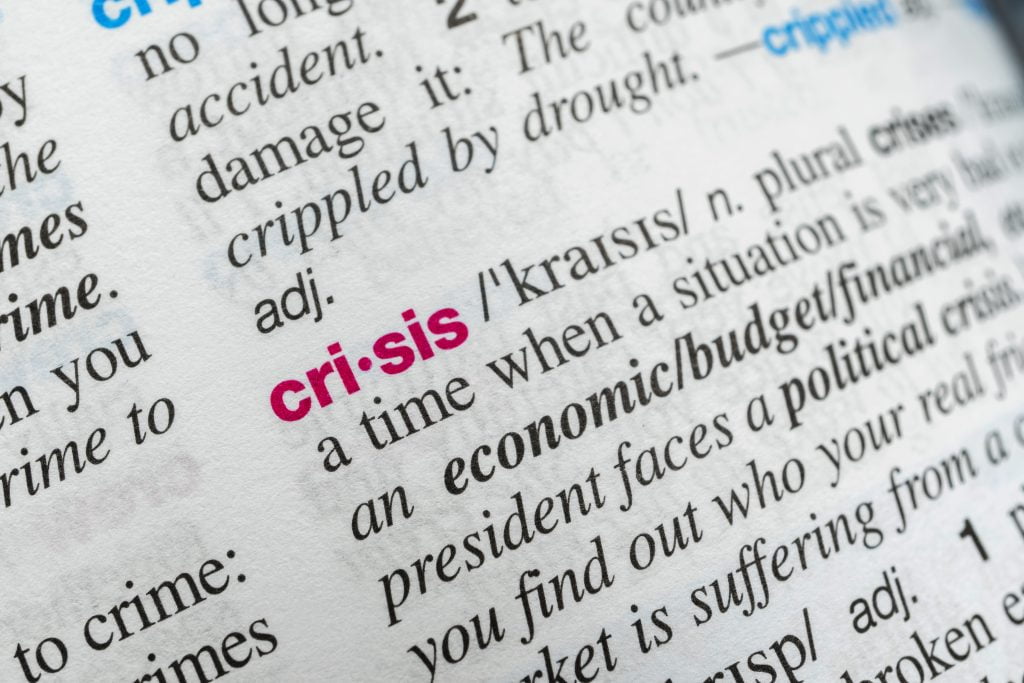
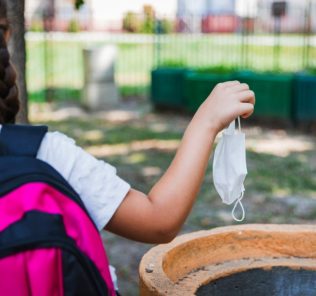

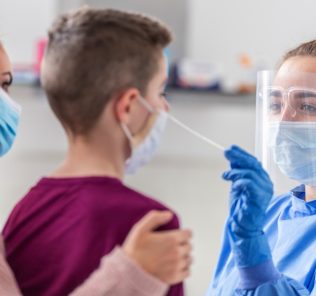

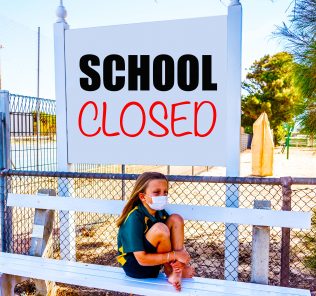
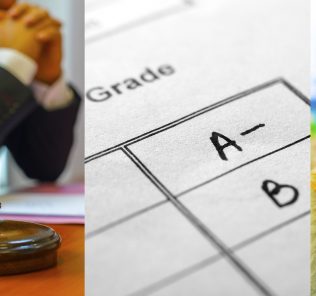




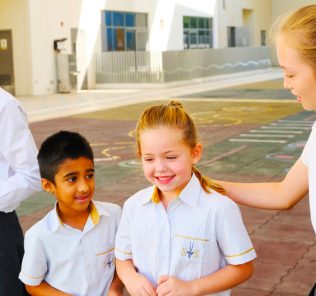

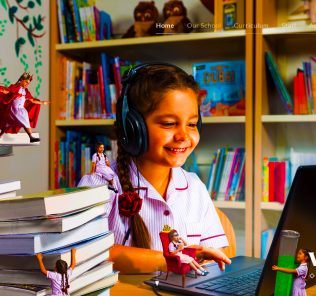

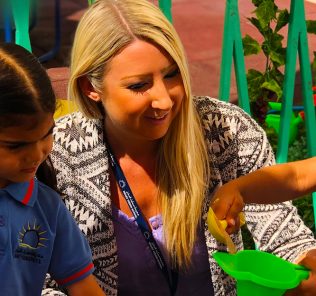














Leave a Response